“Let food be thy medicine, and medicine be thy food” – Hippocrates
The choices you make at the dinner table influence your percentages of developing and surviving cancer. Cancer is now the leading cause of death throughout the world. Dietary factors cause an estimated 30% of all cancer deaths in developed countries, and up to 80% of deaths in breast, prostate and colorectal cancer, according to the World Health Organization. Billions of dollars are dedicated every year to finding new treatments for cancer, but very little is spent on cancer prevention. An estimated 80% of cancers are preventable and controllable. There is much we can do to improve our chances, starting with the way we eat.
But which diet or foods are the best cancer fighters? Which promote cancer? It can be difficult to navigate all the dietary advice out there to find the foods that both prevent and stimulate cancer.
Important foods in the fight against cancer:
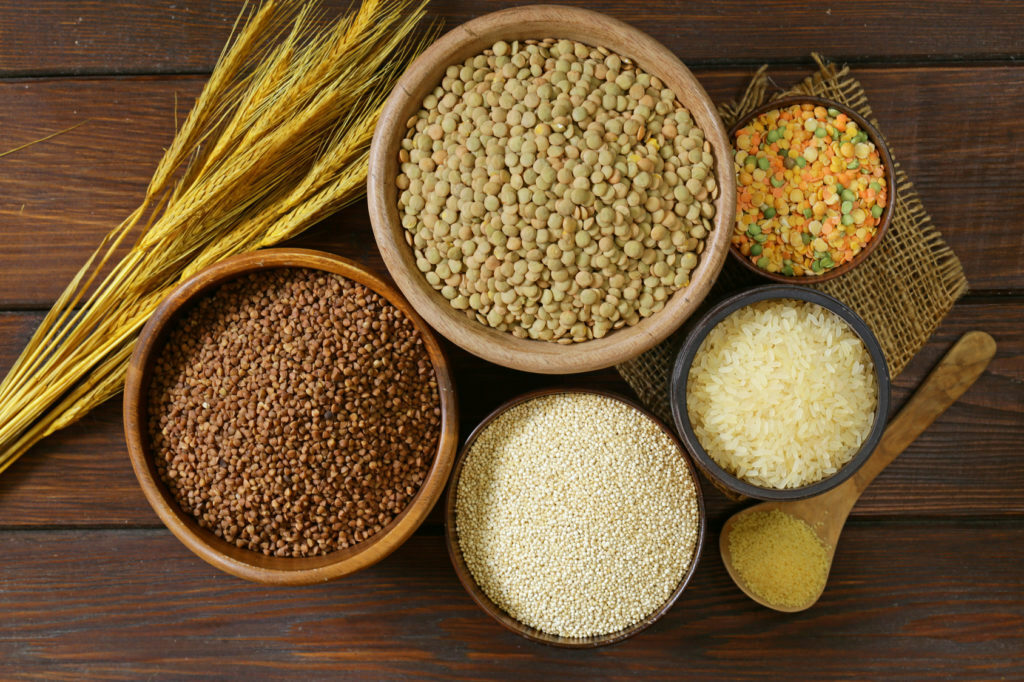
High-fibre foods are excellent cancer-preventers. People with high-fibre diets have low rates of cancer. While the exact mechanisms are unclear, fibre has the following anti-cancer actions: it dilutes possible carcinogens by bringing water into the digestive tract and moving food more quickly; it binds with excess estrogens, preventing them from being reabsorbed; it binds with bile salts which irritate the gut, and it provides food for beneficial bacteria (“probiotics”). There are two kinds of fibre, soluble fibre and insoluble fibre, and both are important in cancer prevention. Most people in North America do not eat enough dietary fibre, consuming a mere 10-20 grams a day. Aim to eat between 30 to 50 grams a day of fibre, in foods such as whole grains, beans and legumes, vegetables and fruits.
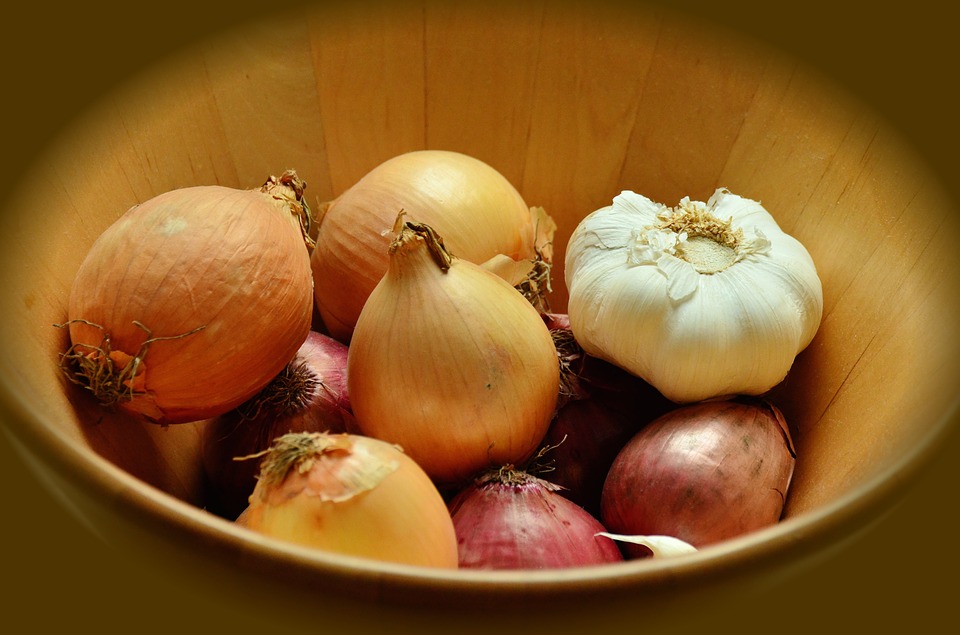
Fruits and vegetables are powerful anti-cancer foods. People who eat the most fruits and vegetables decrease their risk of all cancers by 10% over those who eat the least. One serving a day can reduce your risk of mouth cancer by 50%, and your risk of esophageal and laryngeal cancers by 80%. Fruits and vegetables contain vitamins, antioxidants, minerals, all of which quench free radicals and repair DNA, crucial in preventing cancer. They also are a great source of fibre. Vegetables from the allium family (garlic, onions, leeks, and shallots) and the brassica family (broccoli, cabbage, bok choy, cauliflower, brussel sprouts, kale, arugula and mustard greens) are especially good at preventing cancer. Depending on a person’s health and size, 5-13 half-cup servings of fruits and vegetables per day are recommended.
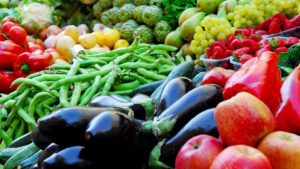 Organic foods
are raised and grown without the use of chemicals such as pesticides, herbicides and fertilizers. These same chemicals have been implicated in cancers of all types, and recent research looking at blood samples of both children and adults have found an average of 26 to 39 different persistent chemicals, with levels often higher in children due to their smaller size. Choosing organic foods as often as funds allow reduces the levels of these chemicals in the bloodstream.
Organic foods
are raised and grown without the use of chemicals such as pesticides, herbicides and fertilizers. These same chemicals have been implicated in cancers of all types, and recent research looking at blood samples of both children and adults have found an average of 26 to 39 different persistent chemicals, with levels often higher in children due to their smaller size. Choosing organic foods as often as funds allow reduces the levels of these chemicals in the bloodstream.
Any diet that incorporates plenty of vegetables, fruits, fiber-rich foods, and limited sugar and red meat, can be anti-cancer, such as the Mediterranean diet .
Important foods to avoid:
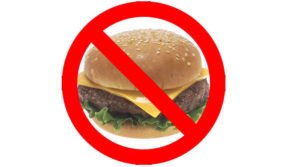 It is also important to reduce consumption of certain foods that have been found to promote cancer.
Red and processed meats
both increase your risk of cancer. Red meat contains no fibre, and contains heme, a molecule which irritates the gut in high amounts. It is also high in animal saturated fat, which has been associated with cancer. When cooked at high temperatures, it produces chemicals called
PAH and HCA
which are carcinogens. Processed meats contain added nitrates and nitrites, both of which have been linked to cancer, in particular cancers of the digestive tract. Red meat also contains hormones which may stimulate cancer growth. There is no strong evidence of “white meats”, such as chicken or turkey stimulating cancer; and cold water, mercury-free fish contains omega-3 fatty acids, which reduces inflammation, thereby reducing cancer-risk.
It is also important to reduce consumption of certain foods that have been found to promote cancer.
Red and processed meats
both increase your risk of cancer. Red meat contains no fibre, and contains heme, a molecule which irritates the gut in high amounts. It is also high in animal saturated fat, which has been associated with cancer. When cooked at high temperatures, it produces chemicals called
PAH and HCA
which are carcinogens. Processed meats contain added nitrates and nitrites, both of which have been linked to cancer, in particular cancers of the digestive tract. Red meat also contains hormones which may stimulate cancer growth. There is no strong evidence of “white meats”, such as chicken or turkey stimulating cancer; and cold water, mercury-free fish contains omega-3 fatty acids, which reduces inflammation, thereby reducing cancer-risk.
 We can’t talk about cancer without talking about
sugar
. Sugar is the preferred food of cancer, and stimulates cancer by influencing the production of
Insulin-Like Growth Factor 1
, a pro-cancer hormone. Large fluctuations in blood sugar cause havoc in the body, setting off a hormonal cascade which affects every tissue. It also temporarily suppresses the immune system, leading to impairment in our body’s ability to identify cancer cells and remove them. Currently, it is recommended that women get no more than 25 grams or 6 teaspoons of added sugar per day, and men get no more than 37.5 grams or 9 teaspoons per day. Children should have no more than 3 teaspoons a day of added sugar.
We can’t talk about cancer without talking about
sugar
. Sugar is the preferred food of cancer, and stimulates cancer by influencing the production of
Insulin-Like Growth Factor 1
, a pro-cancer hormone. Large fluctuations in blood sugar cause havoc in the body, setting off a hormonal cascade which affects every tissue. It also temporarily suppresses the immune system, leading to impairment in our body’s ability to identify cancer cells and remove them. Currently, it is recommended that women get no more than 25 grams or 6 teaspoons of added sugar per day, and men get no more than 37.5 grams or 9 teaspoons per day. Children should have no more than 3 teaspoons a day of added sugar.
Excess alcohol is also cancer-promoting. There is a direct relationship between the number of drinks you drink per week, and your cancer risk. Some benefits have been found in red wine, consumed in moderation, which may be due to the antioxidants it contains such as resveratrol , or from the stress-reducing effect it has.
Finally, a healthy diet will help, even after a cancer diagnosis. The same dietary recommendations that help prevent cancer can help improve survival rates in treatment. Although, it is important to work with a medical professional, such as a Naturopathic Doctor because the type of cancer will determine the patient’s nutritional needs. In addition, supplemental nutrition can be very helpful for those who cannot eat food due to treatment side effects or the cancer itself. The quality of that nutrition can be key to a better recovery.
Cancer is one of the most feared diseases we face in the world today, but we have the power to change our chances of getting and surviving cancer by choosing the right foods. Diet is indeed a powerful tool in the fight against cancer.
About the author
Dr Rebecca Handford is thrilled to join the Angel Hands community of therapists and healers. She has been in practice as a Naturopathic Doctor for 9 years serving the Vancouver and Lower Mainland focusing on treating people with chronic conditions and autoimmune diseases. She developed several autoimmune conditions in her 20s, leading her to search for solutions outside the traditional medical system. She found answers, and healing, in Naturopathic Medicine.

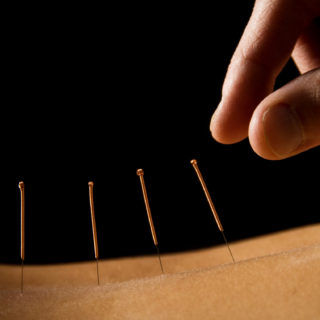




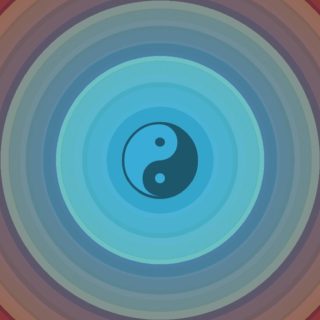




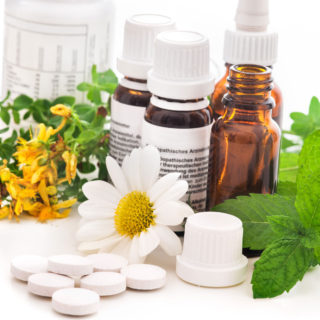
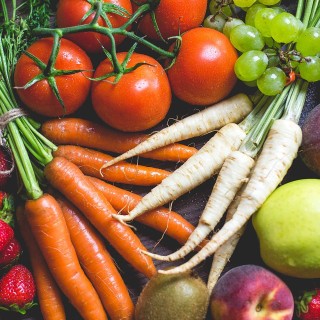
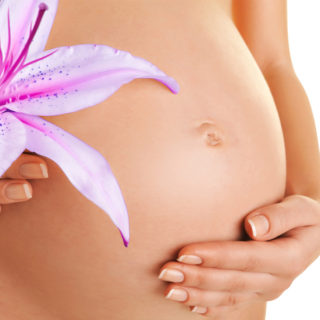
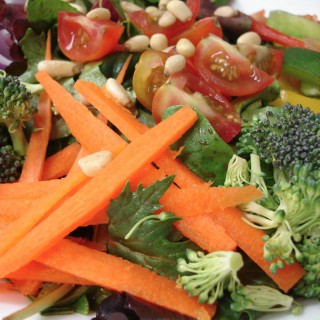



No Comments
Be the first to start a conversation